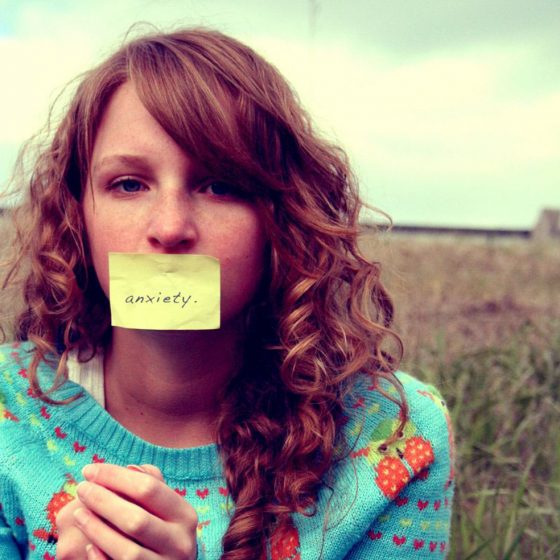Adult CBT
Therapy
Cognitive behavioral therapy is used to treat a wide range of issues. It’s often the preferred type of psychotherapy because it can quickly help you identify and cope with specific challenges.
CBT generally focuses on specific problems, using a goal-oriented approach. Treatment generally lasts between 6-20 sessions.
Types of Therapies


The Cognitive Behavioral Therapy Center of New Orleans offers several different treatment approaches, all within the family of cognitive therapies.
These include:
-
Evaluation and Treatment Planning
-
Cognitive Behavioral Therapy (CBT)
-
Mindfulness-Based Cognitive Therapy
-
Acceptance and Commitment Therapy
-
Dialectical Behavior Therapy
-
Cognitive Hypnotherapy
-
Cancer Counseling


Evaluation and Treatment Planning
Treatment begins with an initial interview to help gain a clear understanding of the reasons for therapy. The first one or two sessions involve a careful review of important issues and will include an intake interview and a few easily completed paper-and-pencil questionnaires. At the end of this process, a treatment plan is developed to map out the next best steps. This plan may involve psychotherapy alone, or may include referrals to additional services such as a medical evaluation or more specialized treatment.
Types of Therapies


Cognitive Behavioral Therapy (CBT)
The best-established of the modern forms of psychotherapy, CBT is based on a few important assumptions:
- Today’s problems are best solved by focusing on today. Past learning may affect how we think and respond to today’s problems, but the problems of today are the things we can change.
- The thoughts that pass through our mind lead to our moods and our behavior.
- We can pay attention to our thoughts, we can evaluate our thoughts, and we can change thoughts that are unhelpful.
- Thoughts are often based on long-standing beliefs or rules about the world. Sometimes these beliefs can be in error. Faulty beliefs can lead to unreasonable depression, anxiety, anger, or other difficulties.
- Unhelpful beliefs can also be changed and this can lead to a more healthful, effective life.
Rigorous research over several decades has shown CBT to be among the most effective of psychological treatments, as effective as medication in treating depression and anxiety, and the gold-standard treatment for issues such as recurrent panic attacks and recovery from traumatic events.


Mindfulness-Based Cognitive Therapy
Although improvement in psychotherapy is common, so is relapse. MBCT not only helps those who have recovered from a depressed state stay depression free, it has also been expanded to deal with concerns other than depression, such as anxiety and other issues.
MBCT is a short-form of psychotherapy that lasts just eight sessions. Patients learn to use the practice of mindfulness – a mental state in which one is non-judgmentally observing the present moment rather than being swept away by one’s thoughts. These mindfulness skills stop the cycle of depressed thinking before it begins, and allows a person to be more psychologically resilient in the face of inevitable life difficulties.


Acceptance and Commitment Therapy
When difficult thoughts and feelings arise, we often act in ways that make those thoughts and feelings worse. When the struggle we make to change our thoughts and inner emotions becomes problem, ACT (pronounced as one word, “act”) holds a solution. Patients are taught principles of acceptance of the world and of their own inner lives, ways to make difficult emotion less bothersome and powerful, all while focusing their behavior on their highest values. Struggling with anxiety, depression, compulsions or other unpleasant inner experiences is replaced with greater acceptance and a greater ability to better live the life one hopes for.
Even more than CBT, the focus of ACT is on how to make the present moment more livable, not the past or even the future. People who do ACT learn to better recognize their values, even in when facing difficult circumstances and emotions, and commit to making valued choices, even when facing difficult circumstances and trying emotions. As Nietzsche wrote, “He who has a why to live can bear almost any how.” ACT teaches you to understand your sources of meaning and then to take committed action to live meaningfully.


Cognitive Hypnotherapy
Although improvement in psychotherapy is common, so is relapse. MBCT not only helps those who have recovered from a depressed state stay depression free, it has also been expanded to deal with concerns other than depression, such as anxiety and other issues.
MBCT is a short-form of psychotherapy that lasts just eight sessions. Patients learn to use the practice of mindfulness – a mental state in which one is non-judgmentally observing the present moment rather than being swept away by one’s thoughts. These mindfulness skills stop the cycle of depressed thinking before it begins, and allows a person to be more psychologically resilient in the face of inevitable life difficulties.


Cancer Counseling
The Cognitive Behavioral Therapy Center of New Orleans provides special rates for individuals who are going through cancer, recently (within two years) completed treatment, who are caring for someone with cancer, or who has lost a loved one due to cancer and who are still coping with grief. Please call for details.


Book an Appointment
Fill below to request an appointment.


